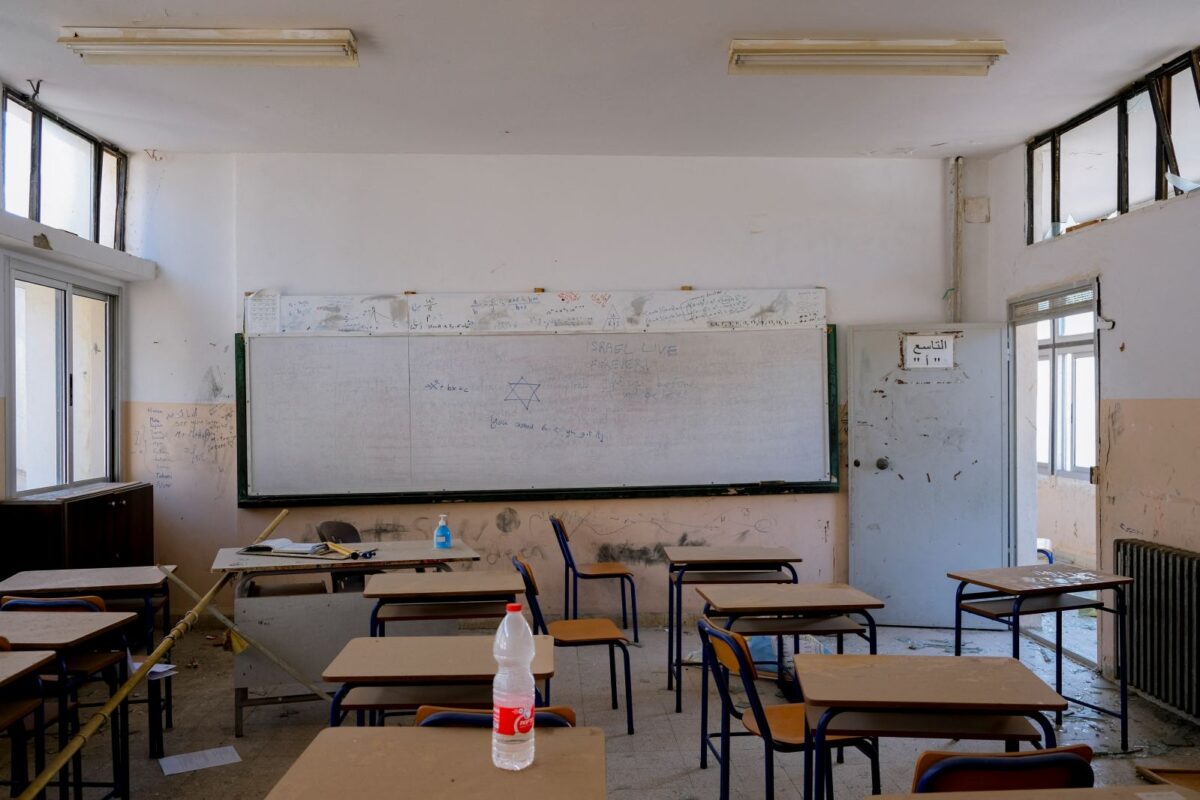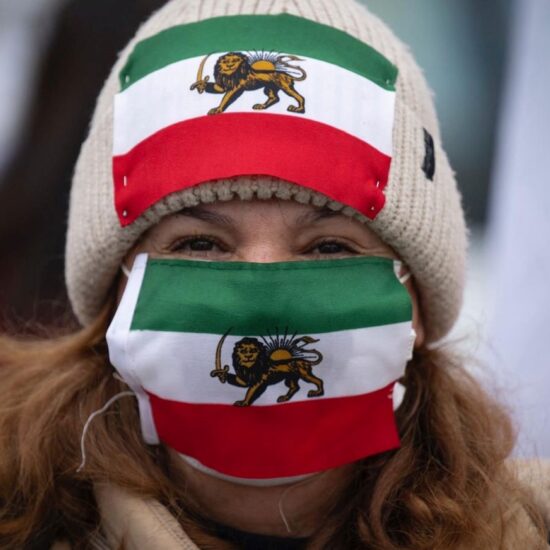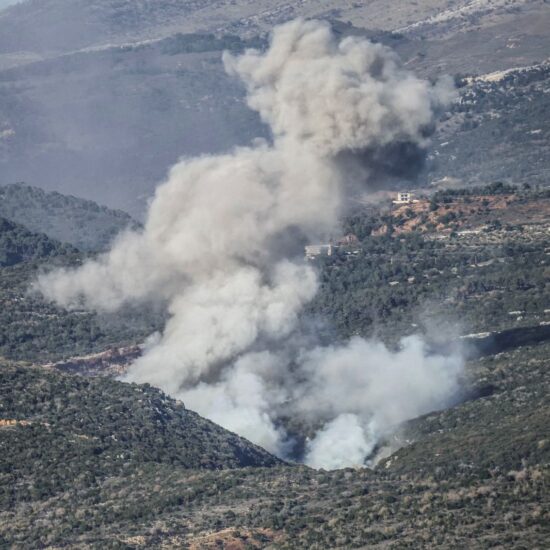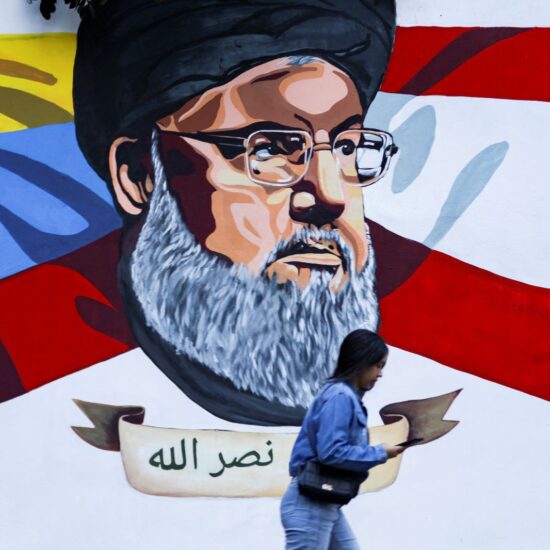
As the 2025 school year begins, the return of students to their classrooms has now become a source of deep anxiety for many parents. With the relentless rise in the cost of books and school supplies, fueled by soaring inflation, the collapse of the Lebanese pound, and the country’s ongoing crises, preparing children for school has turned into a heavy burden that most families in Lebanon struggle to bear.
Prices of books and school supplies now vary widely across bookstores, but what’s clear is that costs have skyrocketed.
The surge in prices hasn’t stopped, with even the most basic stationery items, from notebooks and pens to school bags, having all become significantly more expensive.
In this context, the owner of a local library in Mount Lebanon told NOW that the price of schoolbooks has risen sharply, now ranging from 75 USD to nearly 200 to 230 USD for grades from kindergarten to ninth grade, excluding notebooks and other stationery.
He added, “Parents are complaining about the steep increase in prices, especially families with more than one child in school. The economic hardship Lebanese households are going through means the costs are multiplying, and in many cases, families are forced to spend at least 500 USD on books alone.”
For many, the expenses don’t stop there. Hala, a mother of three preparing her children for private school, described the situation as “overwhelming.” to NOW.
“We already struggle with the tuition fees, but then we also have to pay for the books, school bags, uniforms, and basic stationery, with everything being ridiculously expensive.”
For Hala, just getting her three kids ready for school feels like preparing for a financial crisis every September.
With many schools now adopting imported textbooks, for many Lebanese families, the bigger challenge is affordability. Many are forced to make difficult choices: buying fewer supplies, reusing last year’s items, or turning to second-hand textbooks.
As students prepare to return to their classrooms, these struggles cast a shadow over the start of the school year, raising pressing questions about the future of education in Lebanon amid today’s economic and political turmoil.
Looming tuition hikes, already announced by some schools, have left families in a state of uncertainty and reignited debate over the chaos of private school fee structures and the lack of effective regulation.
“Six hundred dollars more for each child.” With these words, Carole, a mother of two, sums up her shock at the tuition hike for the new school year. She told NOW, “How can they justify such an increase when the dollar exchange rate has remained stable?” Still, she feels she has no choice but to comply.
Every summer, this issue resurfaces as a source of anxiety for parents, while solutions remain in limbo.
The implementation of existing regulations, most notably Law 515, which governs school budgets and outlines clear rules for setting tuition fees in non-free private schools, continues to be delayed, leaving families vulnerable to mounting costs without effective oversight.
Stationary beyond reach
Alongside skyrocketing tuition fees, Lebanese families are also grappling with the rising cost of school supplies, a burden that has become just as pressing as paying for enrollment itself.
Notebooks, pens, pencils, and other basic stationery items are priced far beyond the reach of many households, with the cost of a single fully equipped backpack now amounting to what some families earn in a week.
For parents with more than one child, the expense multiplies quickly. A backpack filled with essential supplies can cost anywhere between 50 USD and 100 USD, depending on the quality and brand. When multiplied by two, three, or even four children, the numbers become overwhelming.
Families already struggling to cover food and housing often find themselves unable to purchase new supplies for each school year.
As a result, many parents are turning to secondhand options, buying used backpacks, exchanging supplies with neighbours, or relying on donations from relatives and community groups.
Social media pages and local NGOs have also become hubs for redistribution campaigns, where gently used school items are collected and passed on to families in need. One example is the “Ladies in Chouf” group, where members post images of items available for donation while others request specific needs, such as a backpack. The platform has also become a space for parents to share their struggles with tuition fees and the added burden of stationery and transportation costs.
Some children have no choice but to carry worn-out bags from previous years or share supplies with siblings. Parents describe the experience as humiliating, but also inevitable in the face of Lebanon’s deep economic collapse. “We used to shop for new bags and pencil cases every September,” one mother said. “Now we wait for donations, and we have to convince our children that they should take pride in reusing what others no longer need.”
This quiet crisis underscores how the right to education in Lebanon extends far beyond the classroom, with the cost of even the simplest stationery turning into a daily struggle for survival
Rodayna Raydan is a Lebanese-British journalist. You can follow her on Twitter @Rodayna_462
The views in this story reflect those of the author alone and do not necessarily reflect the beliefs of NOW.








